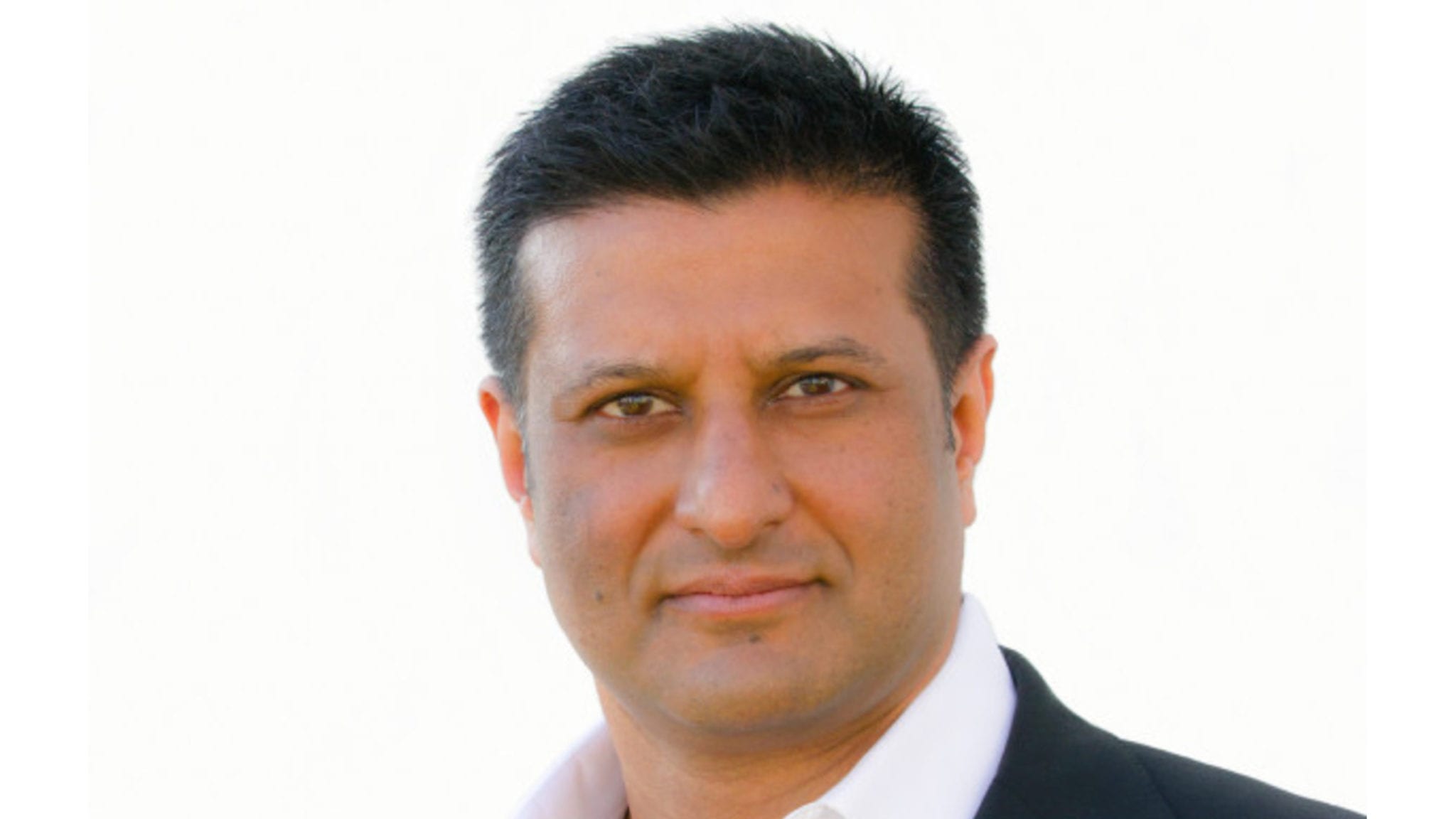
Amit Munshi, ReNAgade Therapeutics CEO
Amit Munshi has more than $300M and a startup CSO out to pioneer next-gen RNA therapeutics. Once again, he’s thinking big
Amit Munshi had to beg off when he was first introduced to the idea of running an MPM BioImpact stealth player named ReNAgade Therapeutics. He …
This article is available only to Premium subscribers
Upgrade to Premium for unlimited access and Premium exclusives.